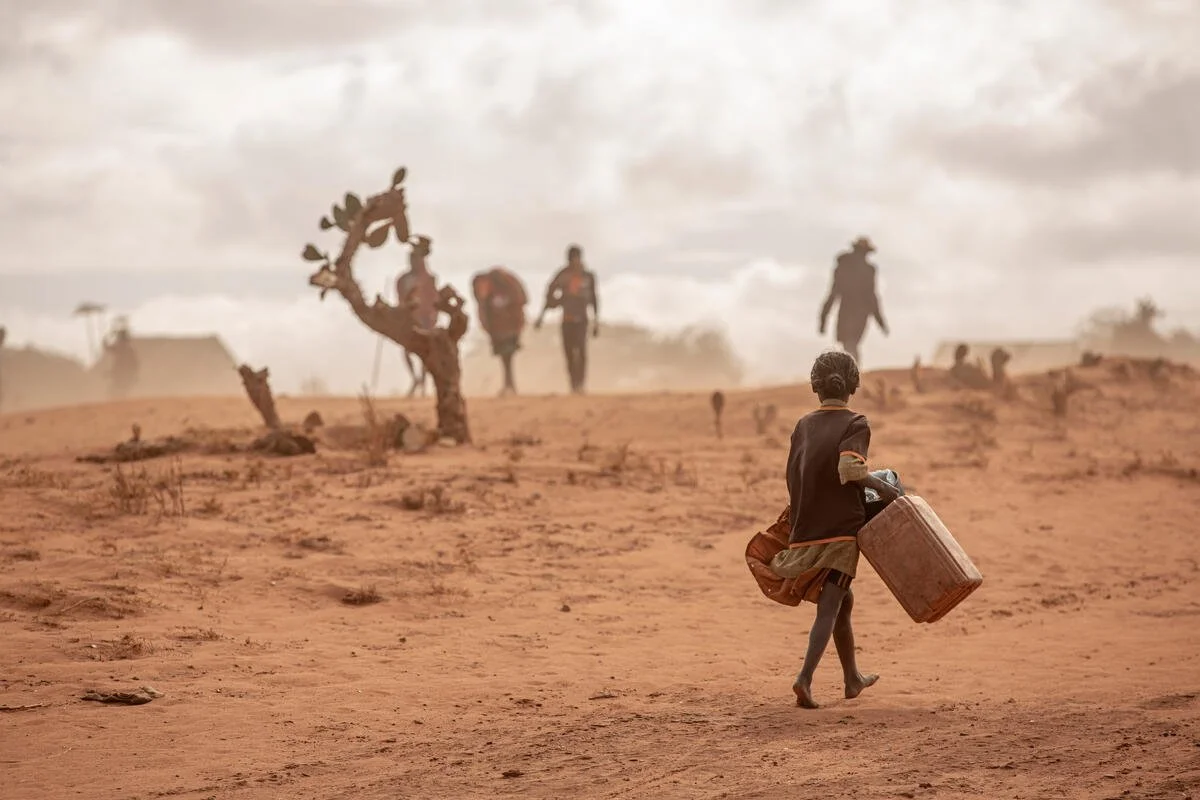Truly Postcolonial? The Enduring Legacies of Colonialism in Africa
Throughout the late nineteenth and early twentieth centuries, many European powers including Britain, France, and Portugal, had colonies in Africa. However, over half a century since they were decolonised and became independent states, colonial legacies are still present, and the postcolonial African states remain under the grip of the West.
Colonialism has greatly shaped and influenced the world. During the period of colonisation, European powers justified their colonial missions through a belief in their obligation ‘civilise’ the peripheral ‘barbaric’ countries with their Western ways. The European countries viewed their colonies as dependents, with the need for paternalistic guidance in order to survive and indeed, prosper. Additionally, widespread discourse surrounding racial hierarchies, stereotypes, western superiority, and the general inferiority of indigenous populations supported and justified their colonial ventures. Colonialism was ultimately seen as being in the interests of the colonised population. As a result, western ideas, structures, knowledge, and culture was imposed on the colonised populations by the European powers at the expense of the indigenous counterparts.
This power structure surrounding knowledge and the imposition of Western ways and ideas continues today. It is perpetuated in the form of many development goals and metrics, aimed to ‘help’ postcolonial states. Many of the supposed ideals of a state, including ‘democracy’, ‘development’, and ‘modernity’, as well as international socio-economic measurements and indicators, including human rights, are all inherently Western concepts. These discourses are imposed on postcolonial states, including development plans such as the Sustainable Development Goals. The imposition of Western ideas and methods on former colonial states also frequently takes place through international intervention and aid by Western powers. For example, there has been a French presence in Mali since 2013 as part of counterterrorism operations in the wider Sahel region. Although they work with the local forces, there have been many colonial parallels as part of this French-led counterterrorism operation. In the eyes of Malian officials, the French have dominated cooperation and imposed their own methods to the detriment of local participation, knowledge and agency. A Malian official noted that “the international community has insufficient knowledge to understand Mali. And they did not manage to solve our problems in the past”. This imposition of ideas and disregard for indigenous knowledge has parallels with colonial ideology and marks a continued Western-delineated hierarchy of knowledge which is inaccessible to local populations.
The colonial hierarchies surrounding knowledge are reinforced through knowledge production. Intellectuals and academics from former colonial powers face increased challenges and obstacles in academia. This is due to limited resources, and underfunded academic institutions compared to their Western counterparts. The majority of the editorial boards also remain in the Global North. As a result, scholars from Africa and other parts of the Global South are massively underrepresented in academia, including in many of the major journals. How Africa is viewed by much of the West remains incredibly Eurocentric through the continued domination of the Western narrative in academia, literature, and the media. Overall, this colonial mimic of power undermines African people’s agency in dismantling colonial legacies and Western-centric narratives, as well as agency in their own affairs and decision making.
Furthermore, the current fragility and weakness of many African states is a direct result of European colonialism. Many African countries are some of the weakest, poorest, and most unstable states in the world. According to the 2021 Global Multidimensional Poverty Index, over 40% of the 1.3 billion who live in multidimensional poverty worldwide live in Sub-Saharan Africa. Moreover, in the 2020 Human Development Index Ranking, 28 out of the 30 lowest ranking countries are African countries. In the past, colonial powers exploited their these countries and disrupted their indigenous population, leaving them economically, socially and culturally weak. Moreover, European powers extracted and retrieved the valuable natural resources of many African countries, including gold, palm oil, copper and petroleum. This exploitation created great wealth for the Western world at the expense of the colonised states. African states still suffer from their historic exploitation today.
In additional, the legacy of colonialism is evident geographically. In the late 1870s, only 10% of Africa was under direct European control, compared to over 90% by 1900. During this scramble for Africa, European powers competed for land, and in the process, drew their own borders to mark their new territories. When defining their new colonies, the European powers did so without consideration of ethnicity, culture, religion, or linguistics- without consideration of the people who lived there. The European diplomats who divided the continent had minimal, sometimes non-existent, knowledge of Africa and the indigenous populations there. These borders were maintained after the African states gained their independence, and has contributed profoundly to the fragile situation and politics in these nations since. Among other things, the borders divided ethnic groups, which has led to several civil wars and violence. Individuals in these societies are more likely to experience violence, have poor access to public goods, lower standards of living, and face discrimination from their central government. Yet, despite the evident colonial links to the instability and weaknesses of African countries, much of the West is ignorant to the legacies of the colonial past. Especially in the media, the West often attributes these problems to issues such as famine and war, even though these also often have colonial links.
The present world is therefore embedded with colonial continuities. Even though Africa was decolonised over 50 years ago, it still is greatly impacted by the legacy of colonialism and experiences continued domination and imposition from the West. Africa is not yet beyond the grasp of colonialism, and the extent to which it still exists means becoming truly postcolonial is a difficult but increasingly urgent goal.
Image courtesy of Banque de L'Afrique Occidentale, via Wikimedia Commons © 2010, some rights reserved.



